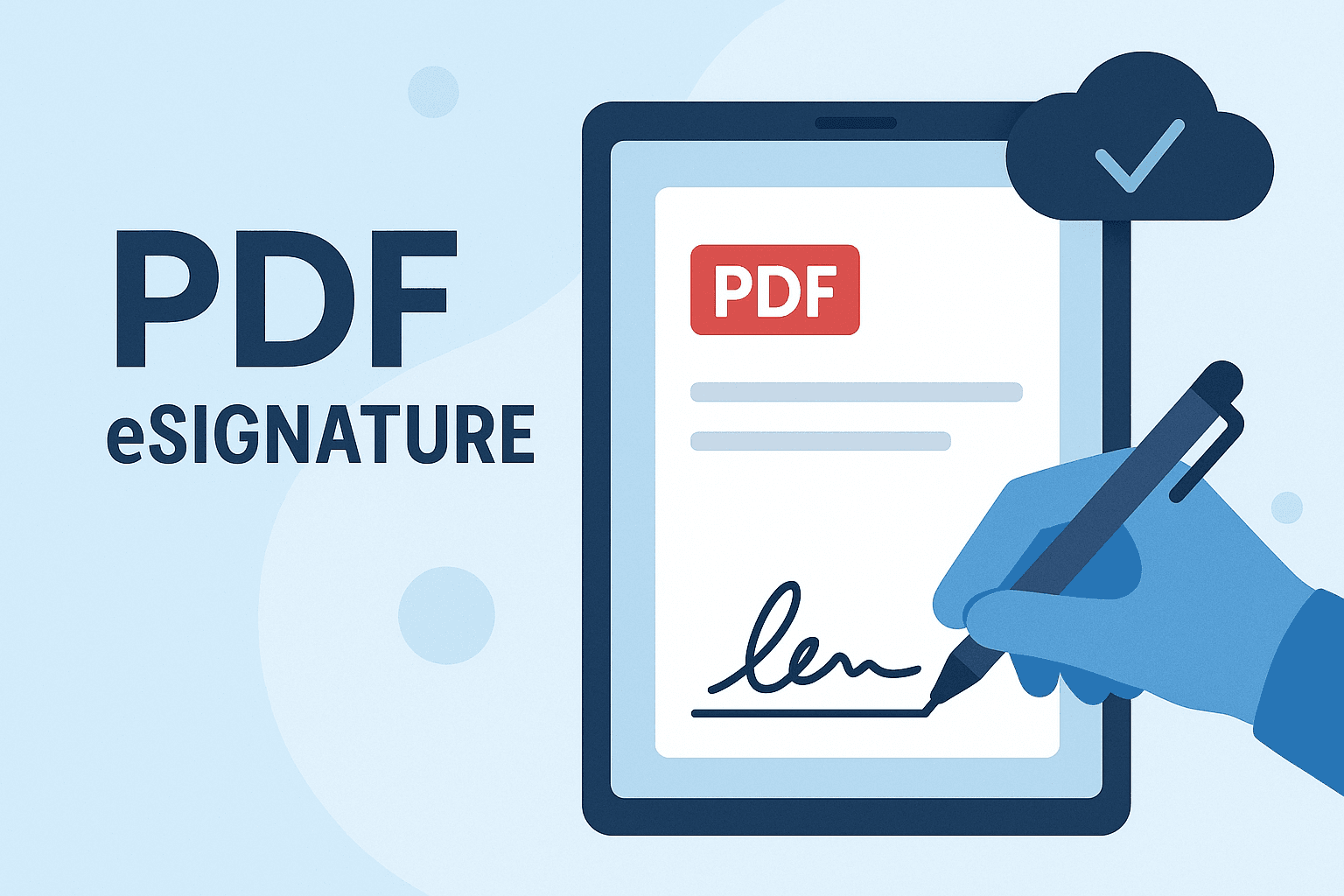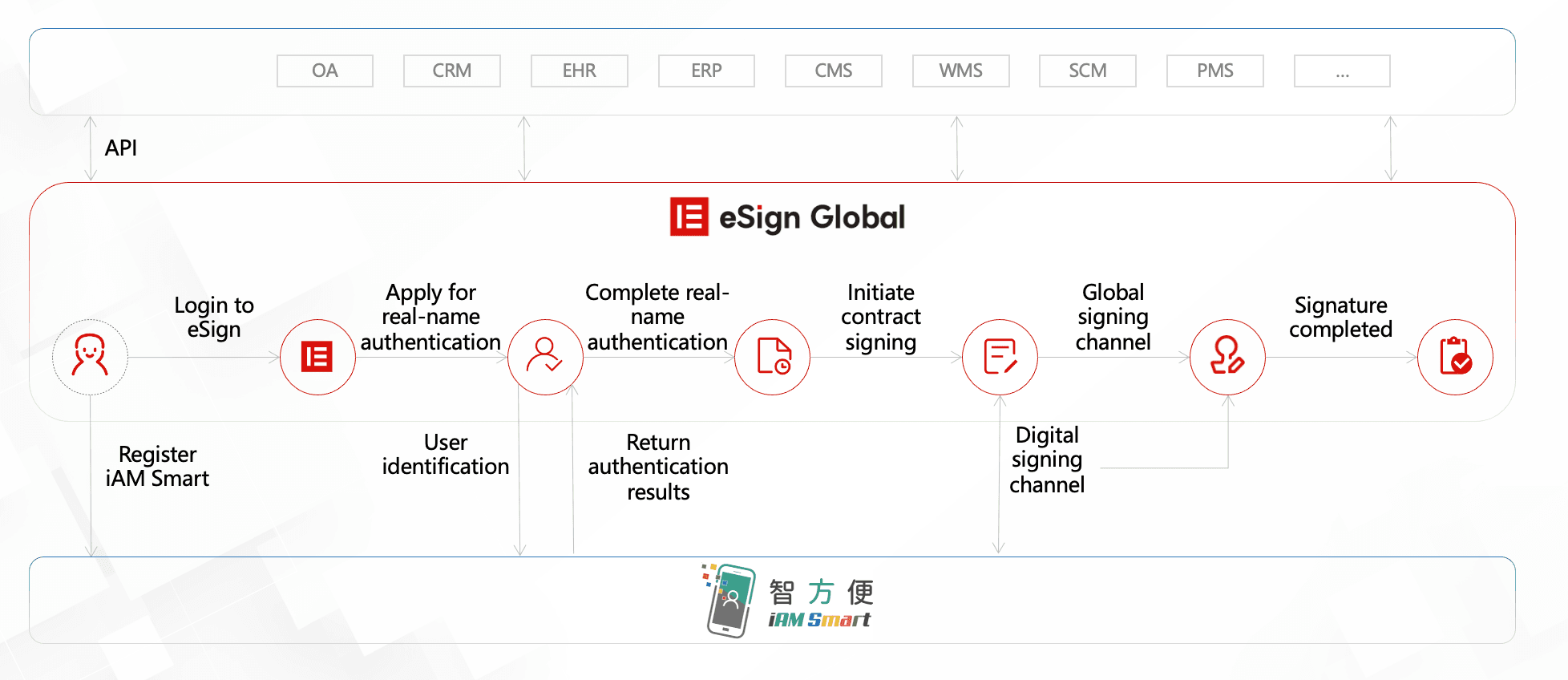Are digital certificates free?





Are Digital Certificates Free? Understanding Costs and Compliance
In today’s fast-paced digital world, more organizations and individuals are moving their processes online—contracts, approvals, transactions, and more. To ensure the authenticity and integrity of digital communications, digital certificates have become a cornerstone of secure digital identification and signature practices. But a common question arises: are digital certificates free? The answer is nuanced and depends on several factors, including usage, provider, and regional compliance requirements.
What Are Digital Certificates?
A digital certificate is an electronic credential issued by a Certificate Authority (CA), which verifies the identity of an individual, organization, or website. It contains a public key along with identity information, and it enables encrypted communications and digital signatures. These certificates play a vital role in securing everything from websites (SSL/TLS) to e-signatures on documents.
Digital certificates should not be confused with electronic signatures. While both are used to authenticate identities and documents online, digital certificates operate under more stringent cryptographic and legal frameworks, particularly when regulated by local laws.
Are Digital Certificates Always Free?
The short answer is no. While there are some options to obtain digital certificates at no cost, especially for basic use-cases, most professional and legally compliant digital certificates require payment. Let’s explore the different scenarios.
1. Free Options for Basic Use
There are some providers that offer free digital certificates for personal, educational, or non-commercial use. For example, Let’s Encrypt offers free SSL/TLS certificates for securing websites. However, these typically do not cover digital signature usage or corporate verification needs.
For digital document signing, some platforms may offer limited free trials or basic-level certificates for individual users under specific conditions. These may allow for a handful of signatures per month or come with restricted functionality.

2. Paid Certificates: Professional and Legal Use
For businesses or individuals requiring certificates that are legally binding and compliant with regulatory frameworks, digital certificates are typically not free. These certificates require identity verification steps and must be issued by accredited Certification Authorities.
In regions like Singapore, Hong Kong, Thailand, and other parts of Southeast Asia, regulatory bodies such as eIDAS (in Europe), the Electronic Transactions Ordinance (Cap. 553) in Hong Kong, and the Electronic Transactions Act in Singapore define strict requirements for digital signatures to be legally valid.
Such compliance-ready certificates often fall under one of the following categories:
- Individual Certificates: Used for signing documents in a personal capacity.
- Organizational Certificates: Issued to individuals under a corporate identity.
- Qualified Digital Certificates: These comply with high-trust standards ensuring maximum legal assurance, such as QES (Qualified Electronic Signatures) under eIDAS.
Naturally, these verified and regulated certificates come at a cost, which may vary based on the provider and usage tier.
What Determines the Cost of a Digital Certificate?
Several factors influence how much a digital certificate will cost you:
Level of Verification Required
Higher levels of verification—such as business authentication, personal ID checks, or face-to-face verification—usually entail higher costs. Government-recognized or industry-certified providers invest in screening processes, documentation checks, and trust infrastructure.
Certificate Validity and Duration
You can usually purchase certificates that are valid from 1 to 3 years. Longer durations often come with a bundled discount, but upfront costs remain higher.
Functionality
The use-case matters. Basic signing capability costs less, but if you need certificates that authenticate emails, documents, encrypt data, or provide timestamping and non-repudiation features, the price increases.
Jurisdiction and Compliance Requirements
As mentioned, legal frameworks vary from country to country. For example, in Hong Kong, registered certification authorities must issue certificates in compliance with the Electronic Transactions Ordinance, ensuring recognized legal validity for electronic signatures. Such region-specific legal compliance often requires a premium offering by the provider.
Why Are Compliant Digital Certificates Worth Paying For?
While free digital certificates can be suitable for internal or non-transactional usage, they don’t meet legal validity standards in most professional or cross-border environments. For example, a real estate contract or financial transaction signed with a free, unverifiable certificate might not stand up in court or meet regulatory reporting standards.

Businesses looking to scale, protect their operations against legal exposure, and meet international compliance should prioritize professionally issued digital certificates. The assurance, accountability, and timestamped traceability of a trusted certificate outvalue any initial cost barrier in the long run.
What About Using e-Signature Platforms?
To streamline the use of digital certificates, many businesses turn to digital signature platforms like DocuSign or Adobe Sign. These platforms often integrate third-party certificate providers or issue their own compliant digital certificates. However, these global solutions may not always adhere to local legal frameworks in detail.
That brings us to regional options.
Regional Compliance Makes a Big Difference
In Southeast Asia and Hong Kong, where local laws govern how electronic signatures gain legal recognition, using a fully compliant local provider ensures peace of mind. Non-compliance—or using global solutions poorly adapted to local law—can result in legal grey areas or invalid agreements.
Take Hong Kong, for instance. The Electronic Transactions Ordinance (ETO) outlines specific requirements for digital certificates to be recognized by law. These include identity verification at CA level, secure signing environments, and timestamp tracking.
Likewise, in Singapore, the IMDA governs how secure digital signatures must be implemented. Choosing a local or regional provider ensures adherence to such compliance frameworks and offers localized support.

Conclusion: Not Always Free, But Worth the Investment
So, are digital certificates free? Sometimes, yes—but these free options come with significant limitations, especially regarding compliance, functionality, and legal validity.
For individuals simply securing an email or experimenting with e-signatures, a basic or trial certificate may suffice. But for businesses operating in heavily regulated environments—or for anyone requiring truly secure, recognized, and verifiable transactions—a paid, professional digital certificate is essential.
Whether you’re in real estate, HR, finance, or legal sectors, using a certified and compliant digital certificate reduces fraud, supports auditability, and builds trust with your stakeholders.
For Hong Kong and Southeast Asia Users: A Regional Compliance Choice
While DocuSign and similar international providers offer excellent tools, for users in Hong Kong or Southeast Asia looking for full local compliance and regional legal assurance, eSignGlobal is a smart alternative. Tailored for regional laws and equipped with secure, authenticated digital certificates, eSignGlobal offers a locally relevant and legally reliable solution.


 Only business email allowed
Only business email allowed


